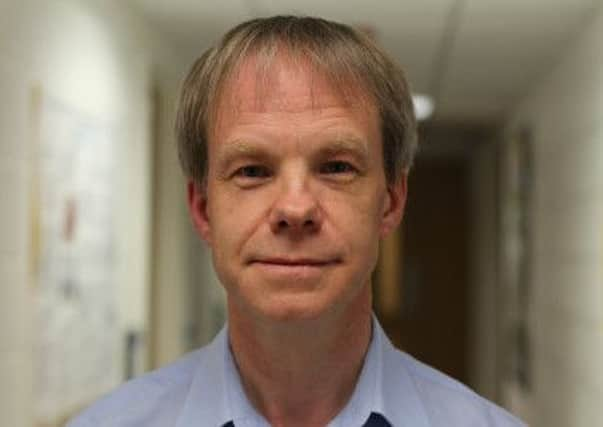Stirling scientists face up to £6m security project


The five-year project, funded by the Engineering & Physical Sciences Research Council, will bring university research teams from across the UK together with the Home Office and industry specialists to consider its potential in enhancing global security.
Scientists from Stirling University’s Face Research Lab will provide expertise on face perception to improve systems such as automated passport controls, which identify digital images of a person by comparing facial features against a database, but can be affected by light and movement.
Advertisement
Hide AdAdvertisement
Hide AdStirling’s Professor Peter Hancock, who helped to develop facial recognition system EvoFIT, which is used by police forces around the world to catch criminals, will lead the university’s team as they investigate the psychology behind how humans recognise familiar faces.
Hancock said: “Humans are surprisingly poor at identifying faces they don’t know – even professionals such as passport controllers have difficulty matching people to their photographs.
“But we are much better than machines at recognising familiar faces and the challenge we are undertaking is to gain an understanding of what the process is that allows us to do this.
He added: “One of the failed London bombers in 2005 was recognised by his parents from a poor-quality CCTV image and that’s the end result that we want to achieve: to teach a machine to be as effective as we are at recognising known individuals.”
Hancock acknowledged that the increasing reliance on digital technology raises questions around privacy, and said the study will seek to balance those concerns with the need for security.
The project, which starts in January, will also include researchers from the University of Surrey, Imperial College London, international experts in face biometrics and video analysis, the BBC and industry groups including technology giant IBM.